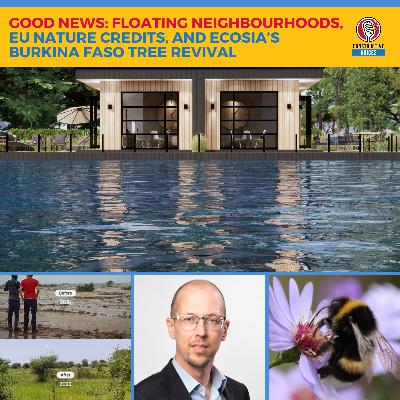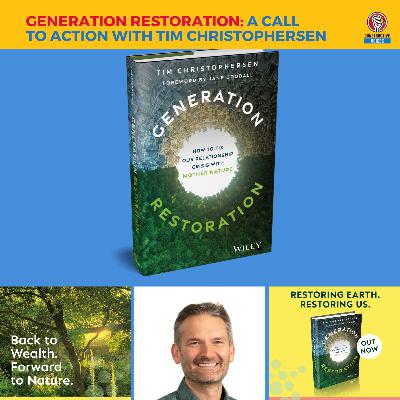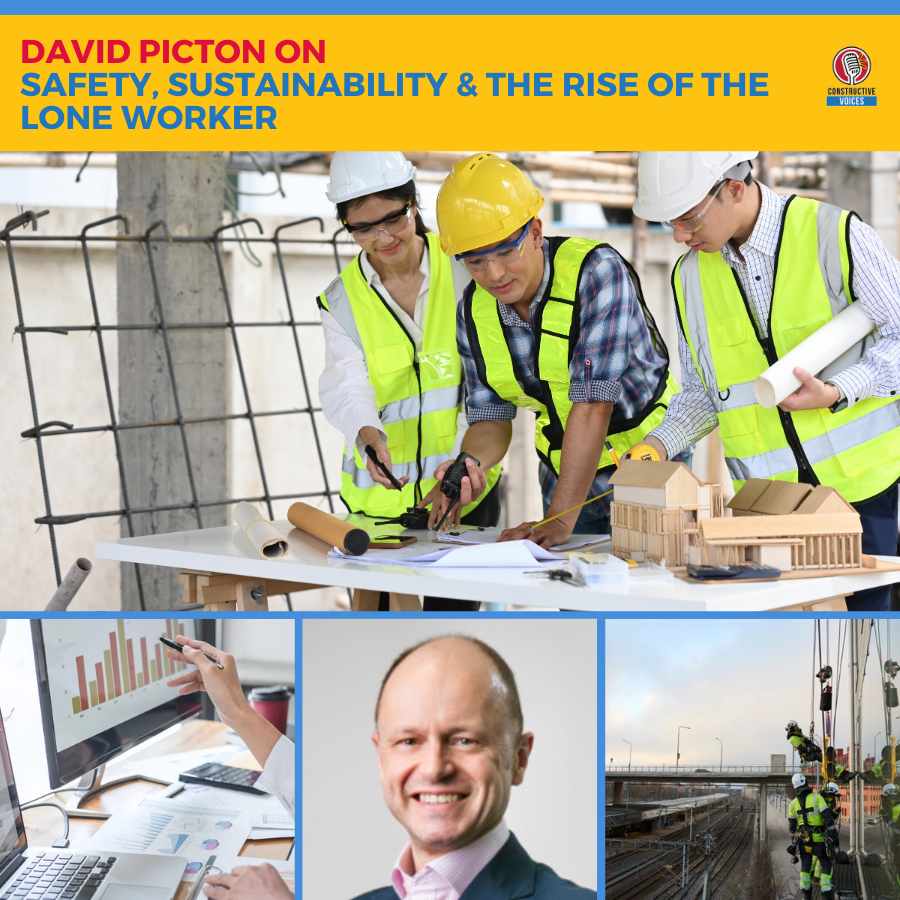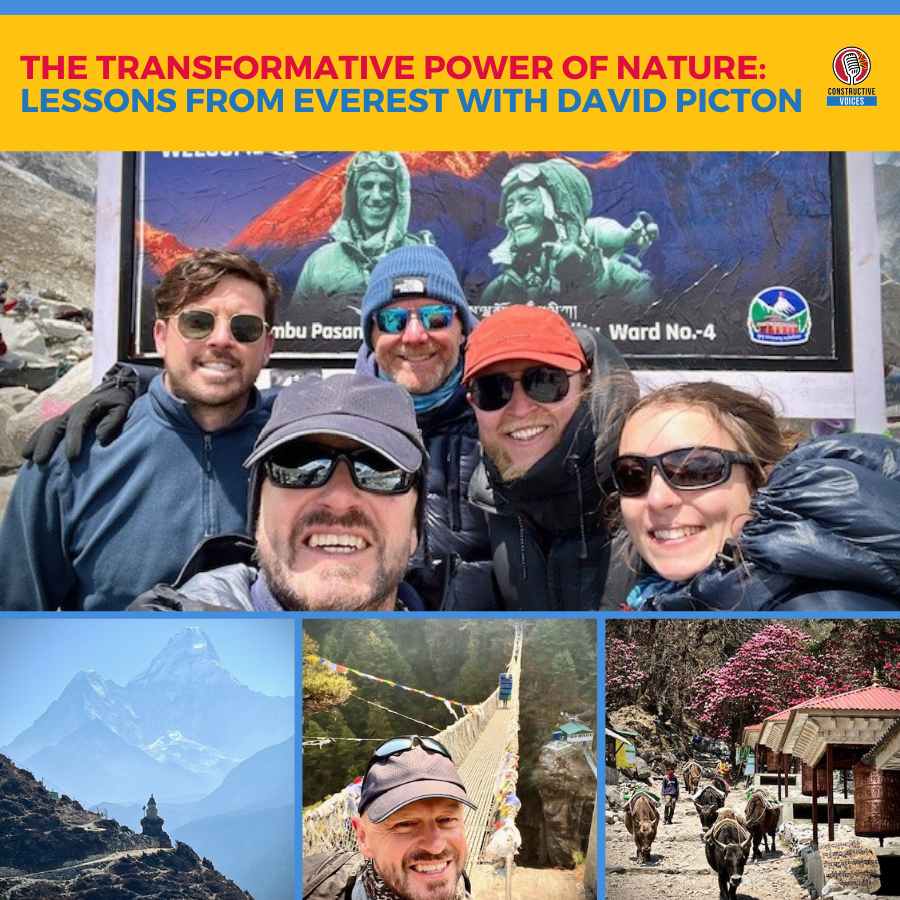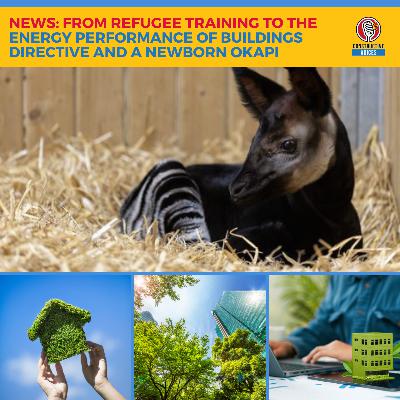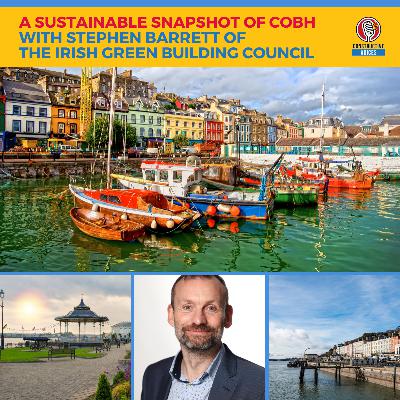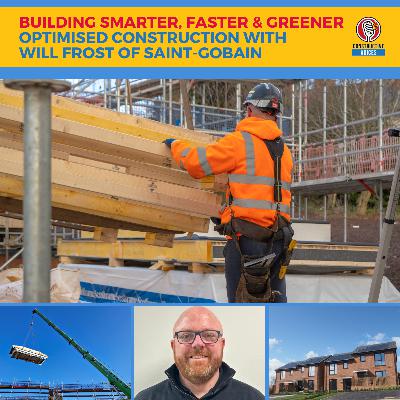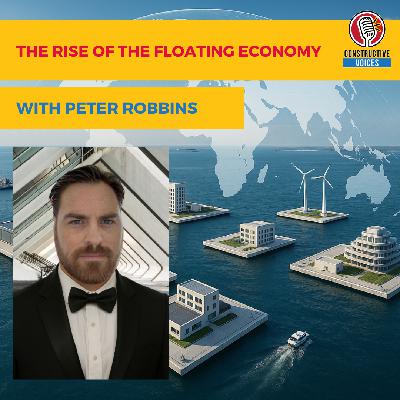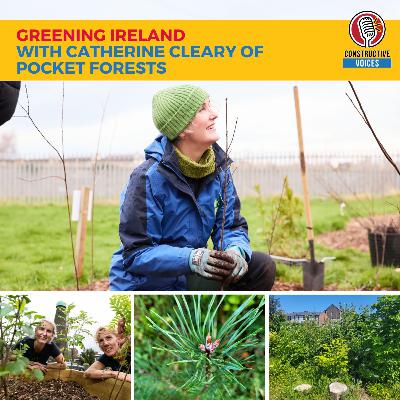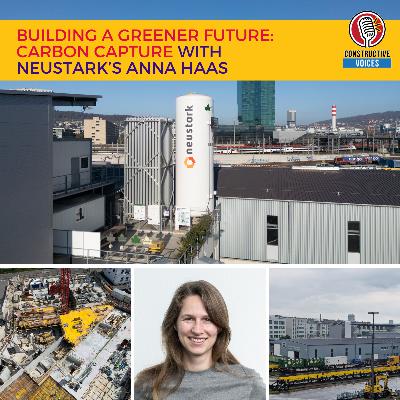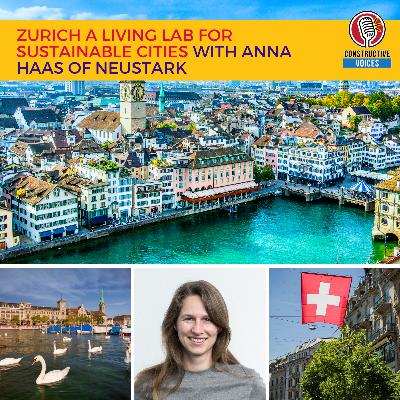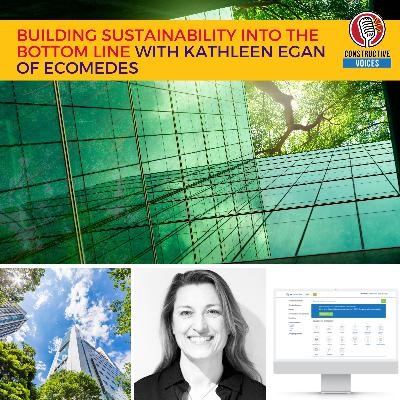Good News: Floating Neighbourhoods, EU Nature Credits, and Ecosia’s Burkina Faso Tree Revival
Description
A short, sharp burst of optimism from the built environment. This episode: how floating neighbourhoods can power and protect themselves; why the EU wants to put nature on the balance sheet; and a hopeful update from Burkina Faso where smart water-harvesting is helping 29,000+ new trees thrive.

LISTEN IN LESS THAN 6 MINUTES HERE
What This Under 6 Minute Episode Covers
Floating neighbourhoods: Modern floating platforms are typically hollow, creating space for decentralised systems—wastewater and drinking-water treatment, on-board electricity storage, floating solar, even algae/seaweed biofuels. That off-grid setup boosts resilience and, placed offshore, these structures can also reduce wave energy to help protect coasts during storms.
“Floating structures… offer opportunities to become more self-supporting and off-grid—more resilient.” Rutger de Graaf, Blue21
Tune into the full episode – Floating Futures here

Courtesy Rutger de Graaf Floating-Pavilion
EU Nature Credits: Brussels is sketching a roadmap to value nature directly—turning restoration outcomes into investable credits. As discussed in the episode, the aim is to mobilise private finance, reward those restoring ecosystems, and align business with biodiversity that underpins much of the economy.
“We have to put nature on the balance sheet… nature credits can mobilise the private sector to invest and innovate.” Brian MacSharry
Full feature lands 9th September. Bookmark this page for link.
Ecosia in Burkina Faso: In 2016, with partner Hommes et Terre, Ecosia planted 29,328 trees on a degraded savanna using traditional “half-moon” pits to capture scarce rain. Six years on, trees and grasses are back, soils are recovering, and wildlife is returning—funded in part by everyday searches.
This news came from Ecosia on LinkedIn.

